Arway: Conservation Is about Talking to and Working with Others
An Interview with John Arway (Part 1)
“I often say there are only two seasons in Pennsylvania: hunting season and fishing season,” John Arway says with a laugh. “That keeps me occupied almost all year round.”
Arway, who retired in November 2018, spent 38 years with the Pennsylvania Fish and Boat Commission, the last 10 of which he served as the commission’s executive director.
Now that he’s a few months into retirement, he still maintains speaking engagements but is excited to have time to enjoy the outdoors with his family, of which he has four children and seven grandchildren. The latter keep him plenty busy.
“We hike, fish, hunt, and everything else that goes along with the outdoors; I try to emphasize the importance of getting outdoors,” Arway says. “The grandkids have kayaks of their own now and I’m excited to spend more time on the water with them.”
A Passion for the Outdoors
As passionate as Arway is about the outdoors, it should come as no surprise that he has spent the better part of his life working to improve Pennsylvania’s waterways.
After graduating with his bachelor’s degree in biology from the University of Pittsburgh, Arway had a brief stint as an organic chemist at Westinghouse before moving on to a Pennsylvania watershed association where he found his calling: stream biology.
Arway moved south with his wife so that he could attend Tennessee Tech University as a graduate student. As part of his graduate thesis, he studied the responses of fish communities and quality of water in streams affected by acid seeps caused by the construction of a highway. After graduating from Tennessee Tech with a master’s in aquatic biology, Arway returned to Pennsylvania and shortly thereafter began his career with the state’s Fish and Boat Commission.
Nearly 4 Decades with the Fish and Boat Commission
During his 38-year tenure at the commission, Arway wore many hats. Initially, he accepted a seasonal position working on habitat projects, but soon he found himself promoted to a fish biologist. In 1987, Arway was again promoted to division chief. He held this position until 2010 when he became the commission’s executive director.
Over the almost four decades Arway spent at the commission, his proudest accomplishment is being part of the early movement to clean up our state’s waters.
“We’ve got more waters to fish today than we did when I started,” Arway says, summing it up.
Additionally, Arway takes pride in the amount of collaboration he was able to help establish and take part in during his time with the commission.
While at the commission, Arway worked closely with a variety of organizations, from local law enforcement to other governmental departments to nonprofits. He believes collaboration and coordination are critical to maintaining the health of our waterways – both in Pennsylvania and across the country.
Collaboration Across Sectors Is Key
The Fish and Boat Commission often interfaces across governmental organizations, including with scientists from the Department of Environmental Protection (DEP) and the U.S. Army Corps of Engineers; but, Arway believes nonprofits play a vital role, as well.
“With non-profits, we always tried to form partnerships. They’re our eyes and ears. The members of conservation groups are on the water all the time,” Arway says. “We rely on them to let us know when things are going bad and when they’re going well.”
Arway cites the help received from groups like Trout Unlimited and other members of the public who helped survey streams across Pennsylvania.
“I asked my staff, ‘how long would it take to survey all of our trout waters in the state?’ they told me, ‘about 130 years,’” Arway recalls.
Unsatisfied with that answer, Arway launched the the Unassessed Waters program and enlisted the help of Trout Unlimited chapters and universities across the state to survey waterways and identify trout streams. By surveying over a thousand miles of waterways across the state, the Fish and Boat Commission could secure DEP protection for identified trout waters. But it’s more than collaboration and partnerships between government and non-government organizations that Arway believes are necessary for the future of the state waters and wildlife.
Resource First
“We have a philosophy at the Fish and Boat Commission: resource first,” Arway explains. To him, this means focusing on the bigger picture – the health of our natural resources – and fostering connections across groups who may, at times, seem at odds with each other.
Regardless of whether you are a hunter, angler, wildlife watcher, or conservationist, “whether it’s clean water or healthy fish habitats, we all have to come together and make sure the foundation is stable,” Arway believes.
Even if it, to some, it feels like groups are at odds, the end goal is all the same – that is the meaning of “resource first.” And that is something Arway stresses as ever important as we address threats to our waterways.
“When I first started out with the Fish and Boat Commission looking at water pollution it was easier, although at the same it seemed difficult at the time,” Arway says. “But we could walk up to a point source discharge – like a pipe – and make a simple case that there were less fish downstream than there were upstream.”
- In “The Restorers,” the Susquehanna River Takes on a Life of its Own - June 12, 2019
- Schaeffer: Securing Financial Stability for the Commission Is Key - April 15, 2019
- Arway: Do Your Duty and Fear No One - April 2, 2019



